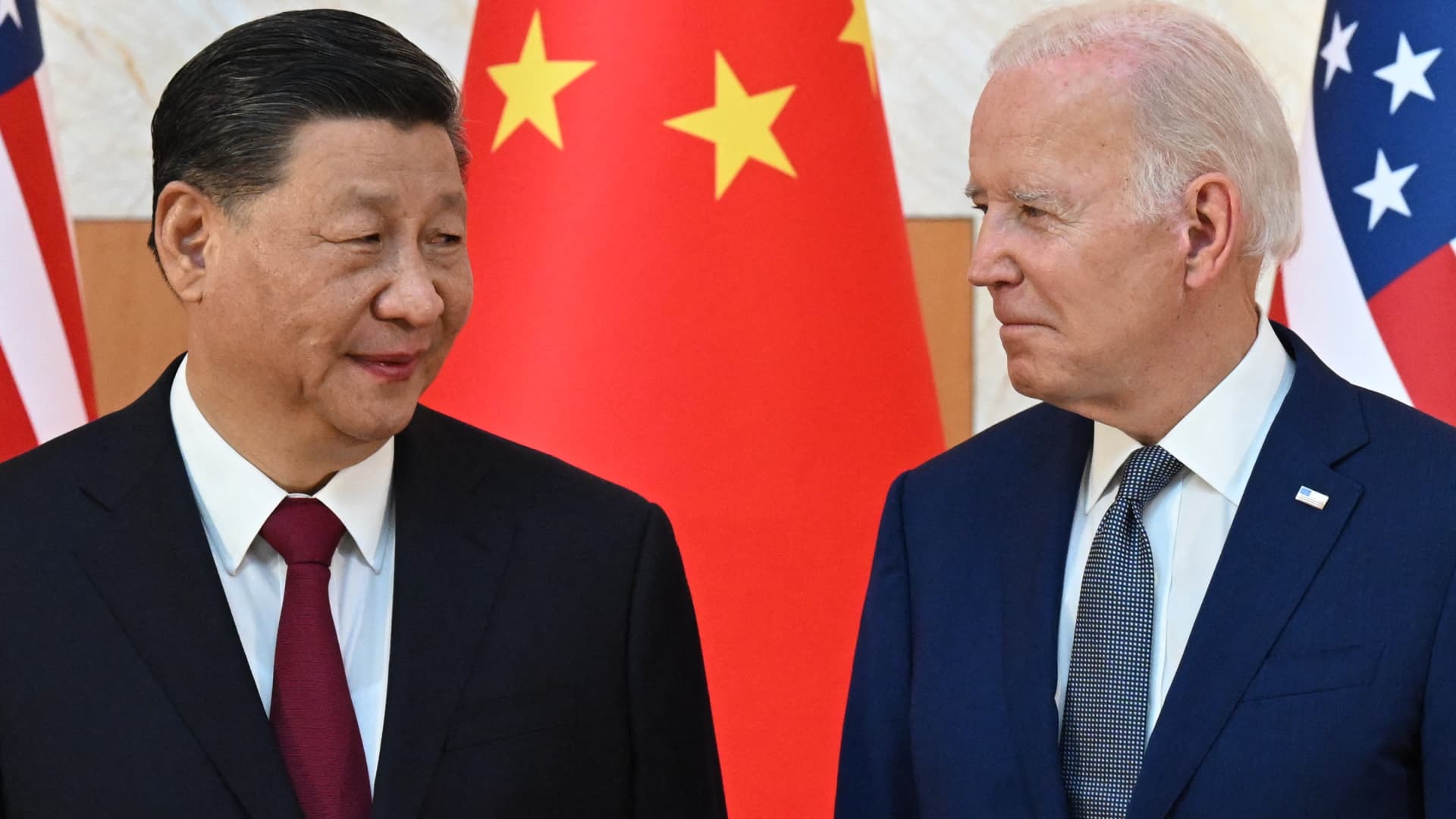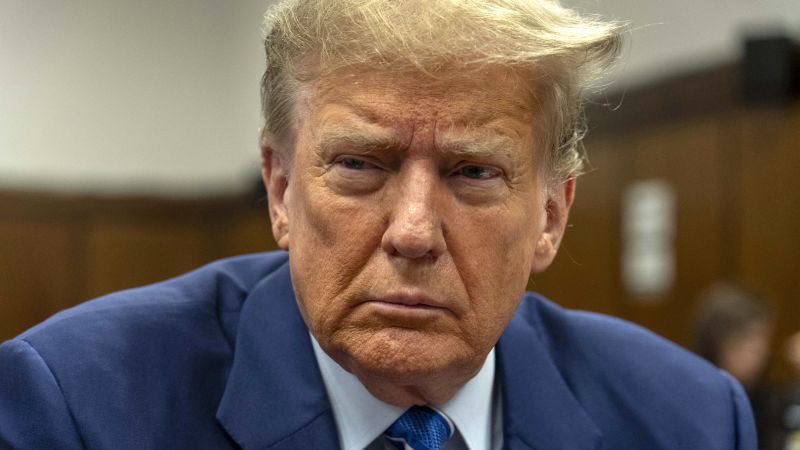In recent days, President Joe Biden has visited his childhood home in Scranton, Pennsylvania and called for higher taxes on the rich while contrasting 'Scranton values' with 'Mar-a-Lago values'. Meanwhile, he also announced plans to triple tariffs on steel and aluminum imports from China during a visit to the United Steelworkers headquarters in Pittsburgh. These actions are aimed at appealing to blue-collar workers in battleground states like Pennsylvania and Ohio ahead of the U.S. election.
On April 16, 2024, Biden visited his childhood home in Scranton where he grew up and spent several hours there, lingering longer than expected. The president was greeted by neighbors who crowded the sidewalk under flowering trees and a pale blue sky as he posed for photos with children wearing school uniforms in the backyard. During his visit, Biden called for higher taxes on the rich and criticized Donald Trump as an out-of-touch elitist embodying failed Republican economic policies.
Biden proposed a minimum tax rate of 25% for billionaires and accused Trump of calling veterans who died in combat'suckers and losers'. The president also contrasted 'Scranton values' with 'Mar-a-Lago values', implying a fairer tax system for Americans. Biden's visit to Scranton was significant as he seeks to maintain his hawkish stance on China while balancing election-year politics.
On April 17, during a visit to the United Steelworkers headquarters in Pittsburgh, Biden announced plans to triple tariffs on Chinese steel and aluminum imports. The move is aimed at protecting American jobs and the steel industry in Pennsylvania and Ohio, two key battleground states for the U.S. election.
Biden's actions come as he competes against Trump for blue-collar workers' votes, particularly in Pennsylvania and Ohio where the steel industry plays a significant role in their economies. The president also reiterated his opposition to the proposed sale of U.S. Steel to Japan's Nippon Steel.
Meanwhile, former President Trump is facing a hush money trial in New York over business records falsification charges related to payments made during his presidency. Jury selection for the trial began on April 16 and seven jurors were selected by April 17. However, the process was not without controversy as Trump's lawyers questioned potential jurors about their social media posts and tried to remove those with an anti-Trump bias from the jury for cause.
Judge Juan Merchan admonished Trump for attempting to intimidate a juror during the selection process. Five potential jurors were struck from the panel due to alleged anti-Trump social media posts, while two were removed by peremptory challenges. All but one juror is aware of Trump's other criminal charges.



